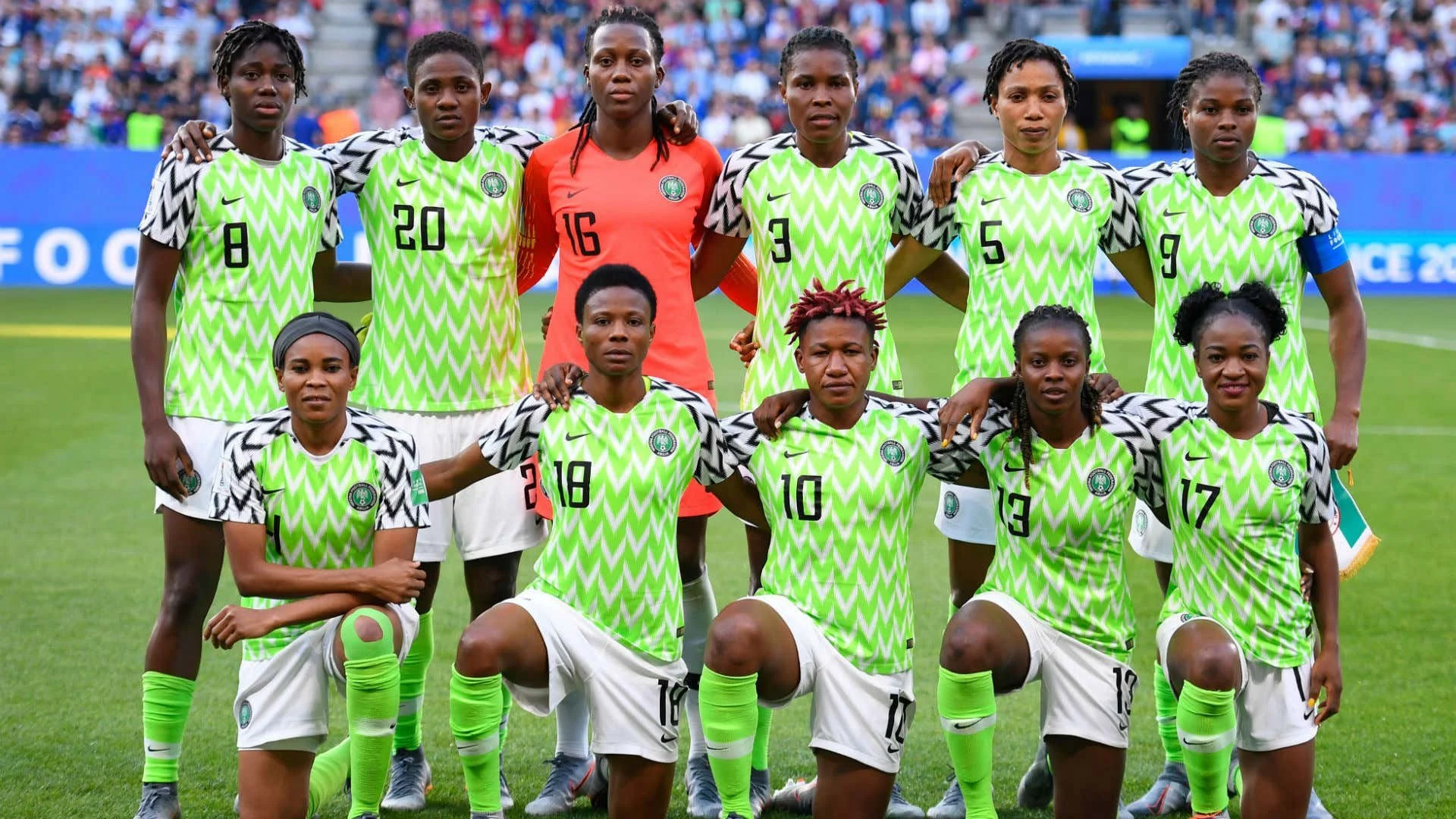The Struggles of Women’s Football in Nigeria
Women's football holds its place in Africa, with the Confederation for African Football announcing the establishment of a continent-wide tournament for women at the league level. The unstoppable women’s national football team—The Falcons—have remained the champs of national football in all of Africa. With passion and resilience, they have won 11 out of 13 championships and remained the only team from Africa to have qualified for every football tournament since 1991.
For women players in Nigeria, the Word Cup is beyond football, and yet they face injustice, inequality, and barriers at home.
Let's have a look at the defiance and struggles of the women's football team in Nigeria—the country where women players are still looked down upon and paid less.
It all started in colonial Nigeria when Colonial Britain upstaged everyday life in the country. Scholars that studied the genderless culture in the pre-colonial territories, dubbed it as “free” where there was no concept of specific gender roles.
However, British colonization introduced gender-based labor, which caused women to protest. Women all across southern Nigeria raised their voices against the British who were taxing them yet trying to completely exclude them from the labor force.
The thread of those protests still remains active today and has a significant impact on Nigeria’s female football players.
Football was not introduced to Nigeria until the late 1800s, but British colonists had some serious issues with women adopting this sport. In 1950, the news reported that colonists almost forbade playing grounds to let women play on their fields. But the strong-headed Nigerian women fought this edict and continued to strengthen their game by playing on the grounds outside the regulation of Nigeria’s football association.
Slowly, women's football clubs began to establish in Nigeria and the Youth Sports Federation of Nigeria held a national football tournament for women in the 1980s.
Eventually, the Nigeria Football Federation organized its first-ever national cup for women and recognized women's football in the country. This tournament later raised a national team that played in the FIFA Women's World Cup of 1991.
Although women's football in Nigeria has gained recognition, players still face issues like unequal treatment and pay.
The star player, Oparanozie said:
“We are the most successful female team in Africa, yet we have the largest differences between men’s and women’s pay.”
This statement led Oparanozie to be stripped of her captaincy. But her stance was very clear at the FIFA Women’s World Cup in 2019. She and her team employed resistive strategies in their 2019 protest.
Oparanozie, along with her team completely denied renegotiation of contracts in 2016, because they were informed that they would be receiving fewer incentives than their male counterparts. As a result, the women denied renegotiations.
Later, they also boycotted training sessions. This move signaled clear resistance by the women, and the media also played an important part in highlighting their voices. This struggle by the Nigerian women players embarrassed the government on international media and ensured that their goal is achieved.
While these strategies led the women's football team to achieve success in acquiring equal pay, the players still face unequal treatments such as homophobia expressed by Nigerian media and football officials.
In conclusion, these strong women footballers of Nigeria have come a long way. They have faced resistance and still facing it to some extent. Their ongoing struggle for equality points to their strong spirits, but it also points to their determination to persevere through odds.





